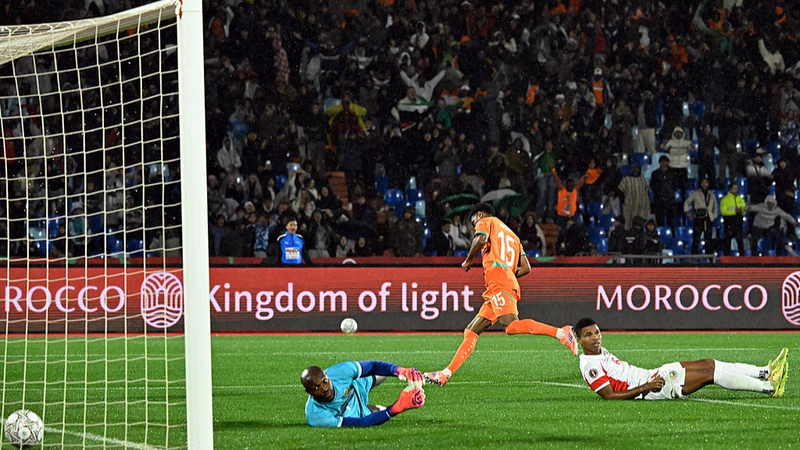In a high-stakes political drama, Israeli Prime Minister Benjamin Netanyahu's far-right coalition is tearing at the seams over U.S. President Donald Trump’s newly unveiled 20-point plan to end the war in Gaza. The proposal calls for a complete demilitarization of the territory and bars Hamas from any future governing role—unless its members renounce violence and disarm.
Surprisingly, Hamas responded with cautious optimism, agreeing in principle to negotiate the release of hostages and join a “Palestinian national framework” to shape Gaza’s future. The idea of letting former Hamas members remain in Gaza enraged hard-line ministers in Jerusalem.
“We cannot agree under any circumstances to a scenario in which the terrorist organization that brought the greatest calamity upon the State of Israel is revived,” warned National Security Minister Itamar Ben-Gvir. Alongside Finance Minister Bezalel Smotrich, these two far-right parties control 13 of the Knesset’s 120 seats—enough to threaten the coalition’s majority.
With elections due by October 2026, even a few defections could topple the government ahead of schedule. Far-right ministers accuse Netanyahu of making too many concessions and argue that pausing military operations in Gaza—another key point in Trump’s plan—would undermine Israel’s leverage in freeing hostages, eliminating Hamas, and achieving demilitarization.
On the diplomatic front, indirect negotiations spearheaded by Egypt are set to begin in Sharm el-Sheikh, where Israel and Hamas will discuss a hostage exchange. President Trump has urged Israel to pause bombing runs to give diplomacy a fighting chance.
As tensions mount in both Gaza and Jerusalem, Netanyahu faces a delicate balancing act: deliver on his pledge to secure Israel, maintain coalition unity, and steer the country toward a fragile ceasefire. Every day brings new pressure—from the battlefield, the Knesset and the global community—to decide whether peace can outlast politics.
Reference(s):
cgtn.com



